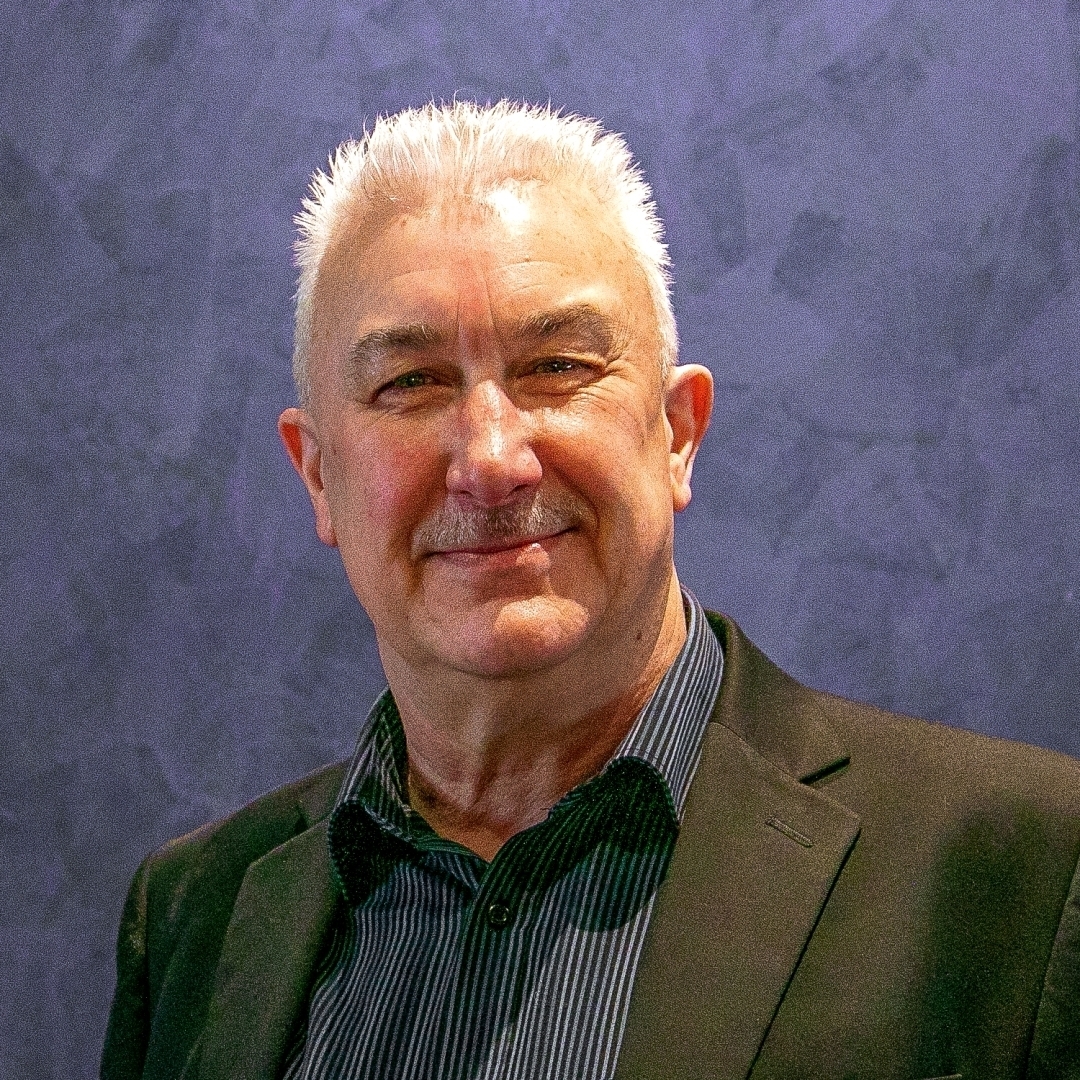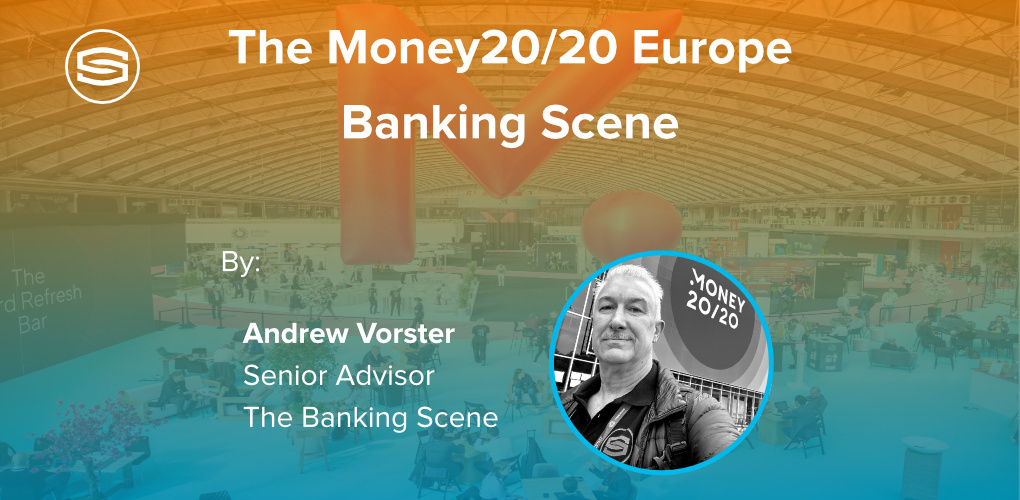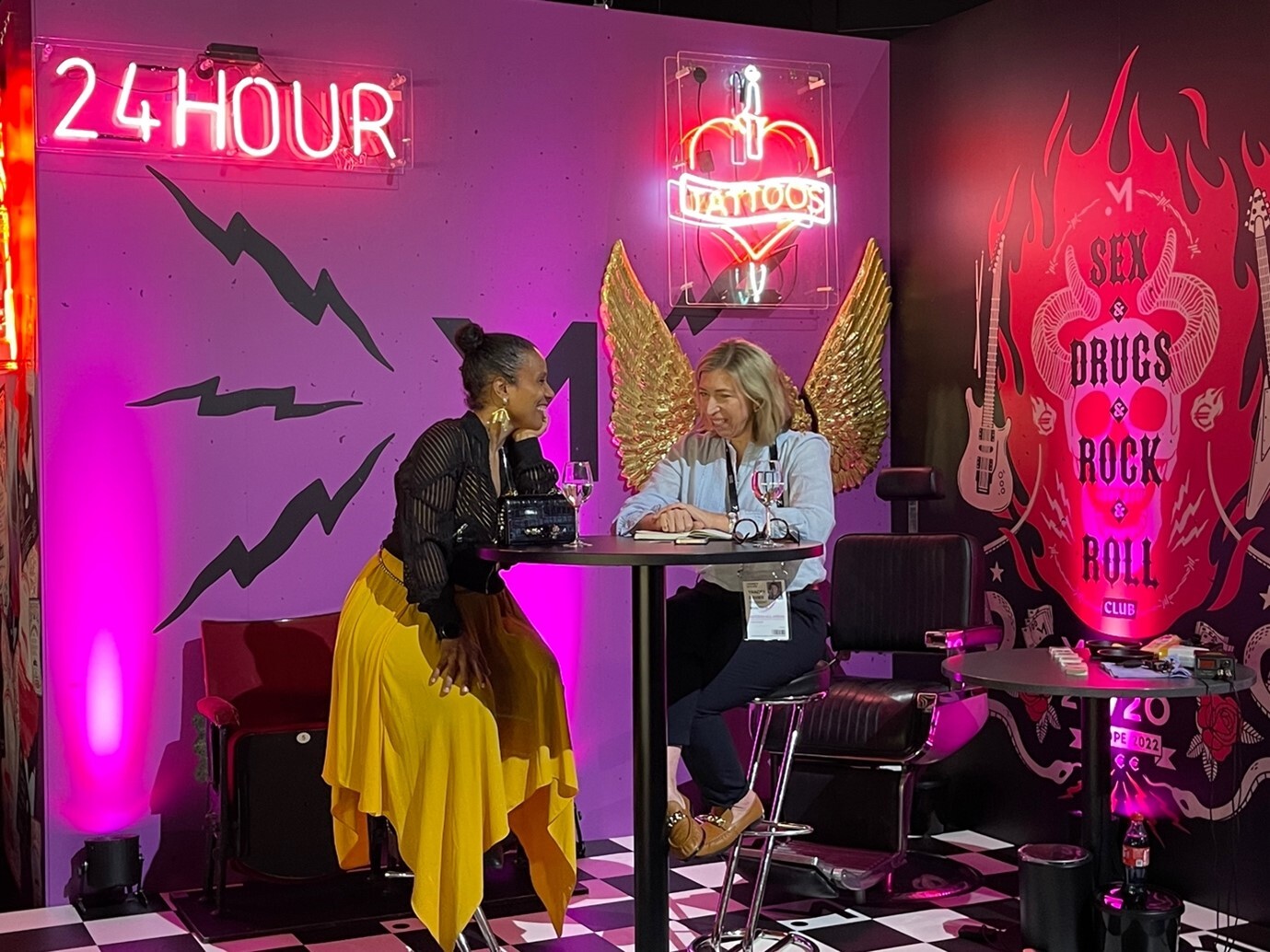
Insights & Opinions
The Money20/20 Europe Banking Scene
Mon, 27 Jun 2022


Money20/20 Europe felt different for me this year.
It was certainly a “show” that put the attendees right in the centre of the action from the get-go. Walking into the main arena on day one, attendees found themselves on a huge stage ramp surrounded by floodlights and cameras, leaving no doubt in their minds that they themselves were the stars of the show!
The keynote and discussion stages were not tucked away, hidden from view, or consigned to a separate block. They were fully integrated into the experience, interwoven with the fabric of the event at every opportunity. The experience of every stage was different, as were the conversations that took place on them, which were carefully curated to match their surroundings.
While some attendees might have found this approach distracting (it could occasionally be a bit of an assault on the senses), I personally found the whole “theatre” of it added more of an emphasis on the topics under discussion.
It didn’t take me long to find out where my tribe of troublemakers would most likely hang out – the “Sex & Drugs & Rock & Roll Club”, which featured a bar serving mocktails (and cocktails at appropriate times) with a motorcycle and a huge neon guitar suspended overhead. The small stage (complete with tattoo chair) accommodated small, intimate 1-on-1 interviews with a few outspoken voices that were really worth listening to, like Kahina Van Dyke, Global Head of Digital Channels & Data Analytics at Standard Chartered in Singapore. During her conversation with Money20/20’s President, Tracey Davis, she raised a topic I’m personally very passionate about when she told the audience :
“Experiential diversity drives innovation”
BOOM!

It’s been proven repeatedly by countless studies that the more diverse your team is, the more innovative you will be. And yet here we are in 2022, and the majority of innovation capabilities in Financial Services look the same. Sure, they may be diverse in terms of age, gender or skin colour … but they are all the same inside – “cut from the same cloth”, as it were. The same education, the same experience, the same career path – just … the same. To build a world-class team, you need to seek out the people that think differently and embrace the business benefits of true diversity and inclusion.
This stage also hosted Hamza Behzad, Head of Product Strategy at Meniga, who encouraged banks to stop benchmarking their engagement against other banks but rather against leaders from different industries. He used Instagram and Strava as examples of how gamification, nudge theory, and psychology could be applied to encourage new user behaviours.
And Amanda Goetz, Founder & CEO of House of Wise, asked why it is that any adult of legal age, is able to buy tobacco or alcohol products without raising an eyebrow, and yet she struggled to get financial services providers to enable her to sell legal, CBD and sexual health products to those same adults? Why indeed?
The controversial conversations were not confined to this stage and the “Big Picture” keynote stage supplied an endless stream of soundbites and talking points.
During the opening session on day one, Daniel Kjellén, CEO & Co-founder of Tink was on stage with Charlotte Hogg, CEO Visa Europe when he said (referring to consumers):-
“It’s just that nobody cares about Open Banking”
He’s right, of course. Consumers don’t care about WHAT we do in financial services. They care about WHY we do it and HOW this will benefit them (not benefit us …….). Charlotte went on to remind us that we should be talking more about how opening banking is actually working for people and what they can do now that they couldn’t do before (apart from simple account switching, which very few consumers really care about either!).
It was a welcome surprise (to me) to see Keily Blair, Chief Strategy and Operations Officer and Lee Taylor, Chief Financial Officer, of Only Fans be given a prime spot on the main keynote stage. This for me was an early signal in the event, that the conversations were going to be less about (traditional) Banking and Financial Services and more about Money and the people and platforms that need the services of the industry.
Only Fans is not just about the adult content for which it’s best known. It’s one of the biggest subscription platforms in the creator economy, with more than 2 million individual creators providing content on it. Lee told the audience “the creator economy is NOT a side-hustle” and they recently processed $18 million in payouts to creators in a single day. This is an extremely impressive statistic given the barriers and obstacles they have had to overcome to enable this! In spite of this, while HRMC (in the UK) will happily regard creators as self-employed individuals for tax purposes, financial institutions routinely ignore or dismiss income streams from such sources when making credit risk calculations.
Keily told us that in order to comply with the myriad of regulations and requirements imposed on them, Only Fans had to develop their own identity / KYC process that is so good that they have been approached by a few financial institutions that are potentially interested in adopting it.
Perhaps if we as an industry admitted we don’t have all the answers and we took the time to look around us a bit more we could learn something interesting from unexpected places.
Food for thought.
Sadly I missed the session where astronaut Tim Peake, racing driver Susie Wolff and free climber Alain Robert shared lessons they’ve learned in their careers and how these can be applied in financial services – yet another example of the kind of conversations that made Money20/20 feel so different for me this year.
My family might have been forgiven for thinking that I was attending a food festival as I filled our family WhatsApp group with video clips of the incredible range of catering available – it was seriously at another level altogether, and I’m not even talking about the “Money in the Park” evening networking event on the first day!
I’ll spare you the food pics here. Still, I did appreciate the way the seating areas in the show space enabled and encouraged both formal and informal conversations and connections to take place. There were opportunities to either escape the crowds or be in the very thick of it depending on your preference.
The event agenda obviously also covered the “expected” topics of AI, Identity, ESG and Crypto and I dipped in and out of these sessions, constantly battling a crammed schedule and trying to leave time to explore the actual stands on the floor!
The final session I managed to attend before rushing off to catch the Eurostar home was all about “Project New Era” and the UK’s Digital Sterling pilot project – a topic we’ve recently covered here on The Banking Scene Afterwork. An interesting point that was raised during this session was made by Paul Sisnett, CEO & Co-Founder at SMD Group / paywith.glass – who said that if a CBDC was to be “like cash”, it needs to include the ability for offline transactions where no connectivity is available. Is this a showstopper? He thinks not and insists that they have a workable solution. This caught my interest and is something I need to follow up on.
Maybe it was just me and maybe it was just the sessions that I chose to attend but I left Money20/20 with an overwhelming feeling of excitement and energy in spite of being physically drained from three hectic days of activity. I felt there was far less (boring) banking talking and far more “real talk” with people being open, honest and outspoken in talking about the things we should really be talking about.
How was it for you?


